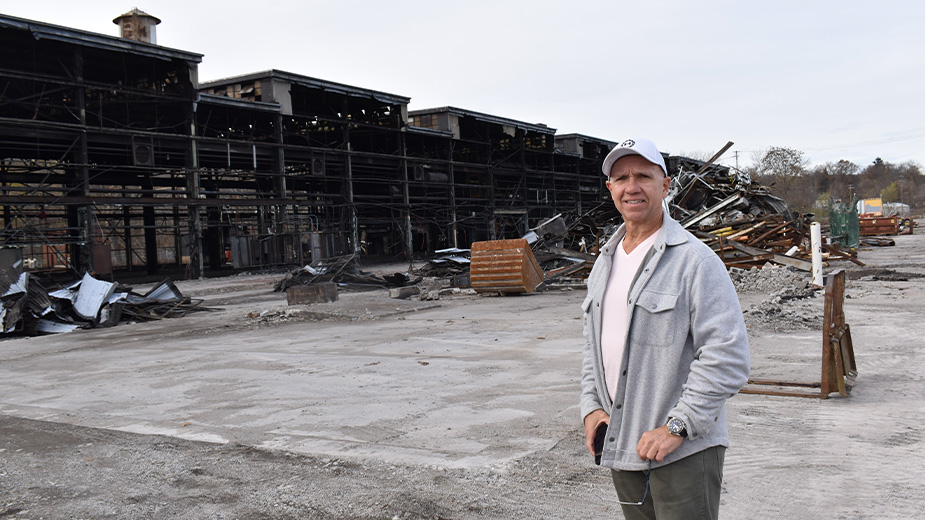City Officials Don’t Know Why Auditor Issued Subpoenas
YOUNGSTOWN, Ohio – Mayor John McNally and Finance Director David Bozanich said the Ohio auditor’s office hasn’t contacted them regarding more than $1.7 million in water and wastewater grants for a downtown developer.
As part of its 2014 audit of the city, the office of state Auditor David Yost has subpoenaed documents related to the US Campus Suites, Erie Terminal Place and Wick Tower projects developed by Dominic Marchionda.
The demand for documentation was issued Nov. 16 by the deputy chief legal counsel for the Ohio Auditor’s Public Integrity Assurance Team, Robert F. Smith. The subpoenas seek “invoices from all contractors supporting the expenditures of all the grant monies awarded by the city of Youngstown,” according to court documents.
On behalf of Marchionda and three corporate entities that received the grant funds – Erie Terminal Place LLC, US Campus Suites LLC, and Wick Properties LLC – attorney Michael J. McGee filed a complaint for declaratory judgment and a temporary and permanent restraining order Nov. 30 in Mahoning Common Pleas Court.
“As far as I know, the city hasn’t had any contact at all,” McNally responded when asked whether the auditor’s office had contacted him regarding the grants that supported Marchionda’s project.
The mayor said he has spoken with T. Sharon Woodberry, the city’s director of community planning and economic development. “She’s assured me of the procedures that they follow to OK the reimbursements for the expenses related to wastewater and water grants that we provide here in the city. So that’s where we stand right now,” he said.
“We try to act as transparent as we possibly can,” Bozanich said.
The mayor and finance director say they are unaware whether the state auditor is looking at other projects that received water and wastewater grants.
Additionally, Bozanich said he is unaware of what stage the state was with in its audit of the city. According to the auditor’s website, financial audits are released two years after the year being audited. The past 10 audits have come out as early as January 2007 for the 2005 audit and as late as December 2012 for the 2010 audit.
In June 2011, the city’s then-law director, Iris Torres Guglucello, authored an opinion concurring with one she sought from the law firm of Calfee, Halter & Griswold LLP regarding the city’s use of water and wastewater funds to support economic development projects.
Guglucello wrote to then-Mayor Charles Sammarone that “surplus” water and wastewater funds “may be used for grants to fund projects that repair, extend or enlarge” water or wastewater works, and that City Council has “broad discretion to determine … if a contemplated expenditure is for that purpose.”
Bozanich defended the use of the grants to encourage economic development projects. Rents in “better buildings” in downtown Youngstown are $8 or $9 per square foot, while in Cleveland or Pittsburgh they might be $15 per square foot, he began.
“They don’t have the problem we have of so much excess, antiquated office space, so the only way that you can get that excess space occupied is by providing subsidies to get more use of it,” he said.
“It costs the same to renovate a building in Youngstown as it does in Cleveland, “ Bozanich continued. “But [Youngstown developers] can’t get [the same lease rates]. So to make that work, you have to come up with programs that subsidize the project to get the rents so that they can at least break even.”
BACKGROUND:
Marchionda Fights Subpoenas for Records of City Grants
Pictured: Erie Terminal Place, a downtown apartment complex along Commerce that Marchionda developed.
Copyright 2024 The Business Journal, Youngstown, Ohio.


